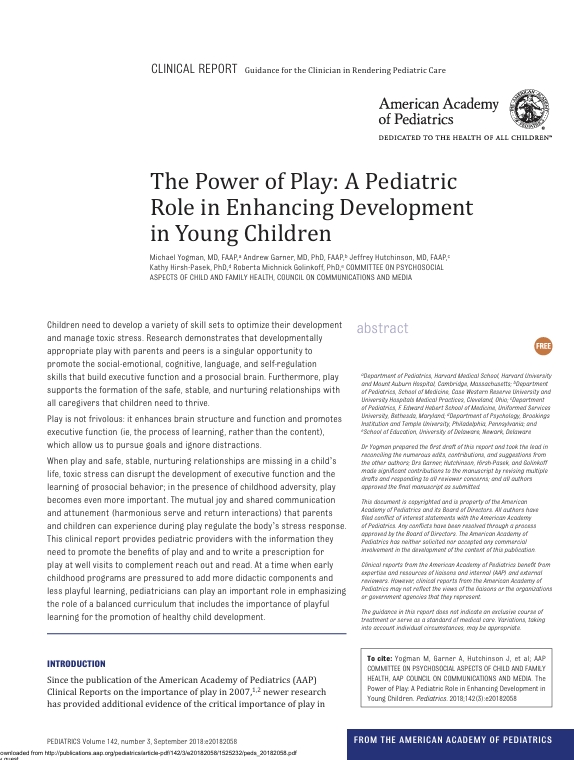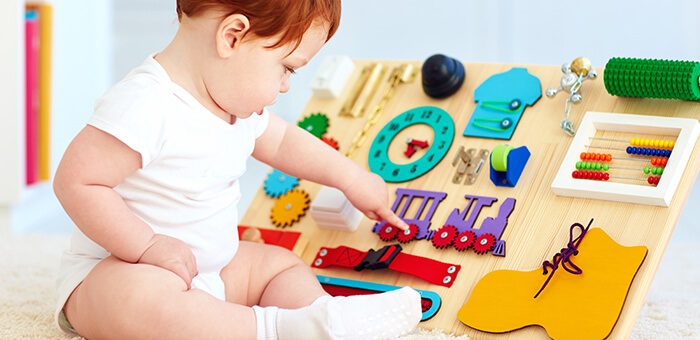Why is addressing substance use important for health and well-being?
Substance use refers to the consumption of any psychoactive substance, regardless of its controlled status. They include alcohol, nicotine in tobacco and e-cigarettes (and similar products), psychoactive prescription drugs used for non-medical reasons and other substances (e.g., cannabis). Experimentation with substances is a normal part of adolescent development, as risk-taking behaviour increases with the transition into adulthood. Some learners, however, may sustain substance use and develop patterns of use that place them at high risk of harm. These risky patterns include frequent use, use of high quantities, use for a long time, high intensity of use and polysubstance use. Learners who use substances may be at risk of short-term health consequences such as overdose or injuries and are at risk of longer-term consequences such as substance dependence and other health and social problems. Substance use by children and adolescents can disrupt their physical, cognitive, and psychological development. Substances that are smoked or are otherwise inhaled have been linked to respiratory difficulties and chronic health conditions. Substances that are injected increase the risk of contracting and transmitting blood-borne diseases.
Read the full report on the UNESCO Digital Library website.






